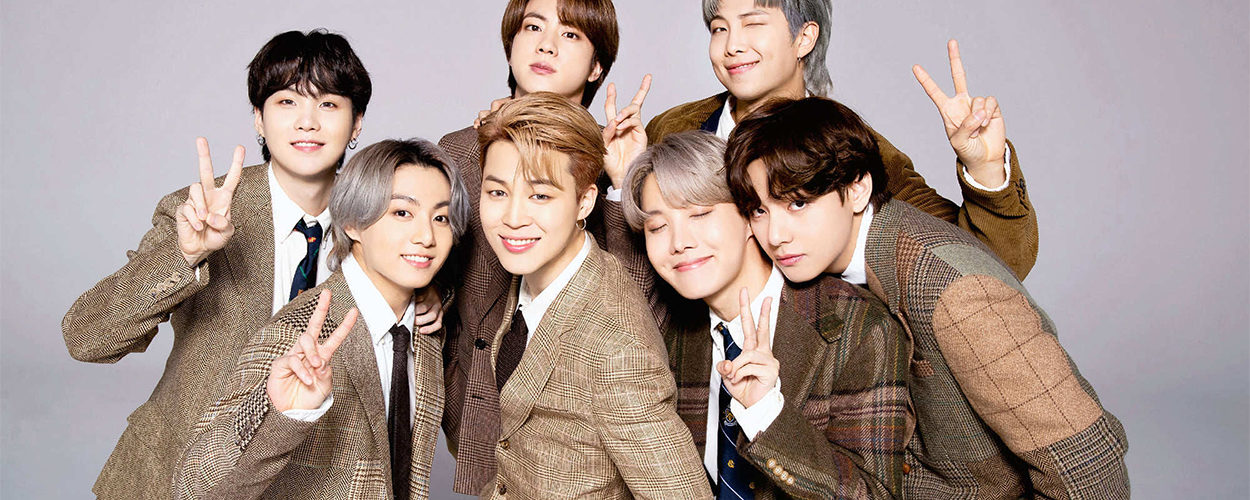This website uses cookies so that we can provide you with the best user experience possible. Cookie information is stored in your browser and performs functions such as recognising you when you return to our website and helping our team to understand which sections of the website you find most interesting and useful.
Artist News Legal
South Korean culture minister calls on politicians to exempt BTS from military service
By Andy Malt | Published on Thursday 5 May 2022

As he prepares to leave office next week, South Korea’s outgoing Culture, Sports And Tourism Minister Hwang Hee has called on the country’s incoming new government to amend the law so to exempt BTS members – and other successful pop stars – from military service.
“It’s time to create a system for [treating] popular culture-art figures as art personnel”, he said at a press conference in Seoul yesterday, according to Yonhap.
The issue of BTS’s national service has been a hotly debated topic in South Korea for a number of years now. Under the country’s laws, all able-bodied men must begin serving around two years in the military at some point between the ages of eighteen and 28. There are formal exemptions for athletes and classical musicians with an international following, but nothing for pop acts.
While this has halted, or at least stunted, the careers of many K-pop artists over the years, it has become a major talking point in more recent times due to the continued, massive international success of BTS.
The oldest member of the group, Jin, who is 29, has so far avoided conscription thanks to a change in the law that allowed some pop artists (there were complaints that the amendment was so specific that it could only apply to members of BTS) to defer the start of their military service until the age of 30.
The problem now is that Jin will turn 30 in December this year and the issue still has not gone away. Many oppose any new full-on exemptions, and that opposition is seemingly and understandably particularly strong among South Korean men in their 20s who have served their time or are preparing to.
There are also worries that, with an ageing population, South Korea can’t afford to start exempting more men from military service, for fear that there will not be a sufficient number of serving soldiers to protect the country against any possible attack from neighbouring North Korea.
However, argued Hwang this week, there are nevertheless good reasons to allow more people who promote South Korean culture abroad to be exempt.
He said that the existing exemptions “operated meaningfully”, allowing those whose sporting or musical skills had enhanced the status of South Korea “more chances to contribute to the country”. And – crucially – “there is no reason the popular art-culture field should be excluded from this”, he added. “I thought somebody should be a responsible voice at a time when there are conflicting pros and cons ahead of the enlistment of some of the BTS members”.
According to Bloomberg, he also said that, as well as being a “national loss”, it would also be a “cultural loss for mankind” to “suspend [BTS’s] activities due to the fulfilment of their military service obligations”.
With all that in mind, he called on the country’s parliament to pass a bill that would provide the necessary exemptions as soon as possible, and suggested that a trade-off for this would be to introduce “bigger obligations to the talented pop culture artists and create greater national interests through this”.
Whether South Korean politicians will take note of Hwang’s pleas remains to be seen. There is still a great strength of feeling on both sides of this debate. What seems clear now though, for Jin at the very least, is that there is a hard deadline of December this year if any new exemptions are going to be of use.





